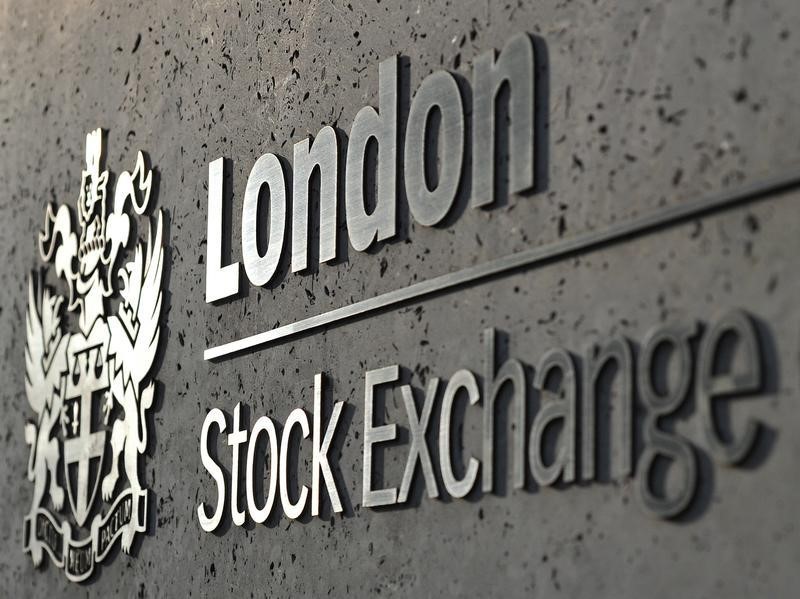Proactive Investors - Shell PLC (LON:SHEL) would cause the FTSE 100 to experience an 8% drop should it leave for the US.
At the start of April, Shell’s boss Wael Sawan warned the oil giant would ditch the LSE if its market valuation didn’t improve.
Since then shares have edged around 5% higher, but at its first quarter update, the question of a US switch popped up.
Sawan expressed he was still unhappy with the group’s valuation and said it was keeping the issue “under review”.
Should Shell finally call it quits on London, it would be bringing with it £180 billion of the FTSE 100’s value.
LSE would then be forced to replace this with FTSE 250 miner Endeavour, which has a market cap of around £4.1 billion.
This means some £176 billion would be wiped from the blue-chip index, which would cause the valuation of the overall index to drop by a whopping 8%.
An 8% drop would be the worst fall of the index since it dropped 9% on the back of the pandemic and worse than any day in between that and the financial crash in 2008.
London’s FTSE 100 is already scheduled to shed more than £22 billion when Paddy Power owner Flutter Entertainment PLC (LON:FLTRF) ditches its UK listing for the US.
Shareholders of the gambling firm voted overwhelmingly in favour of a primary New York listing on Wednesday, thereby meaning it will exit the FTSE 100.
With a market cap of around £26.4 billion, the group ranks as one of the top 25 largest stocks in the index.
Replacing the departing group would be the largest FTSE 250 company, which as of Thursday is Darktrace PLC (LON:DARK).
However, the cybersecurity firm is also quiting its UK listing to go across the pond, albeit through the purchase by US private equity fund Thoma Bravo rather than a move to the NSYE.
Next in the FTSE 250 rankings is Hiscox Ltd (LON:HSX), the insurance provider, which has a market cap of a little under £4.2 billion, meaning when it replaces Flutter the FTSE 100 will drop in value by £22.2 billion.
While £22.2 billion represents a small portion of the nearly £2 trillion made up by the companies, things would be signficatnyl worse should Shell ditch the UK.
Luckily, for now, Shell’s issues with its share price appear to be more inwardly focused.
“The whole issue is not one of the London market, there are just basic fundamentals we have to work on,” Sawan said.
